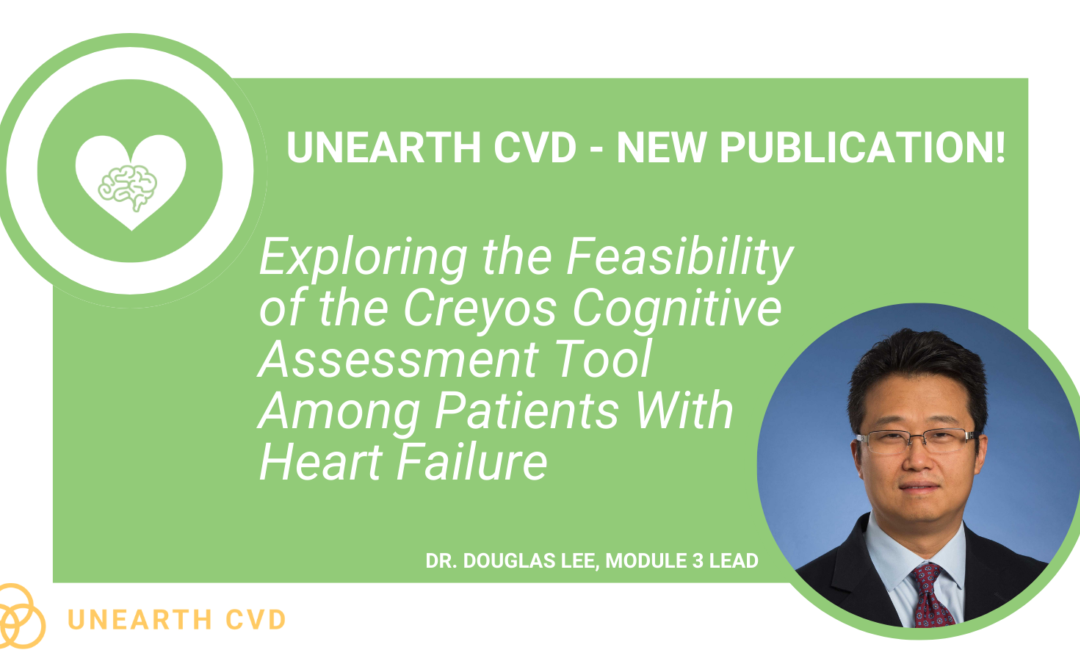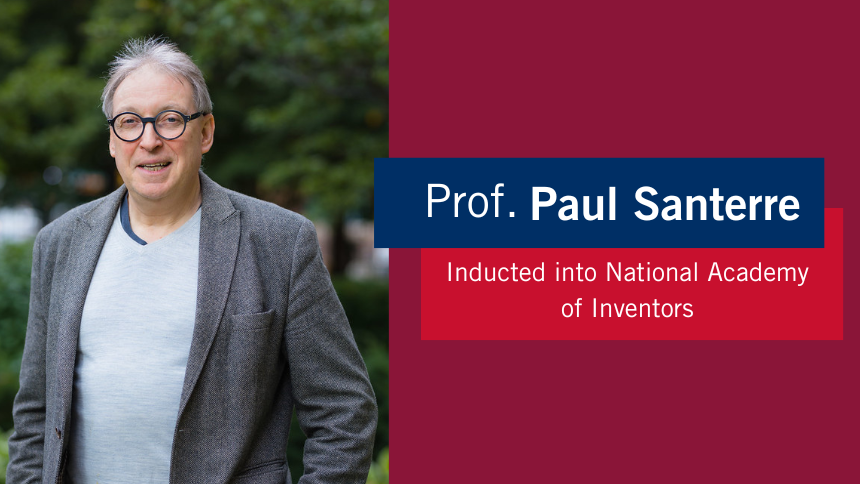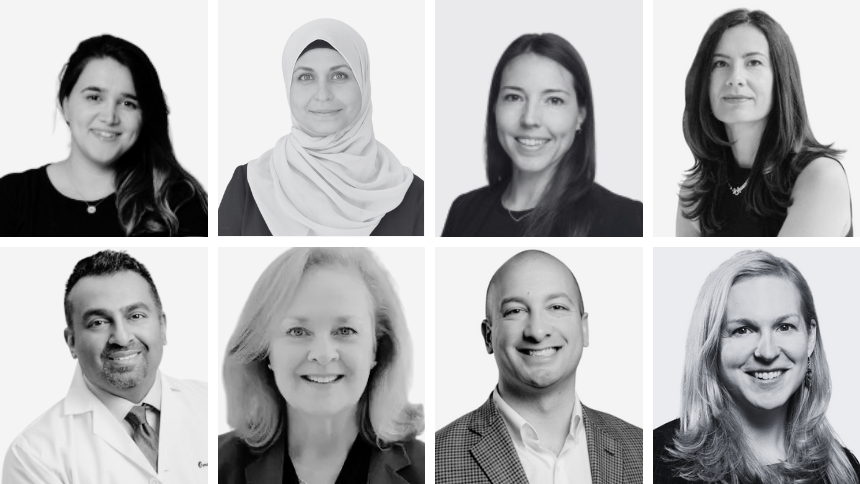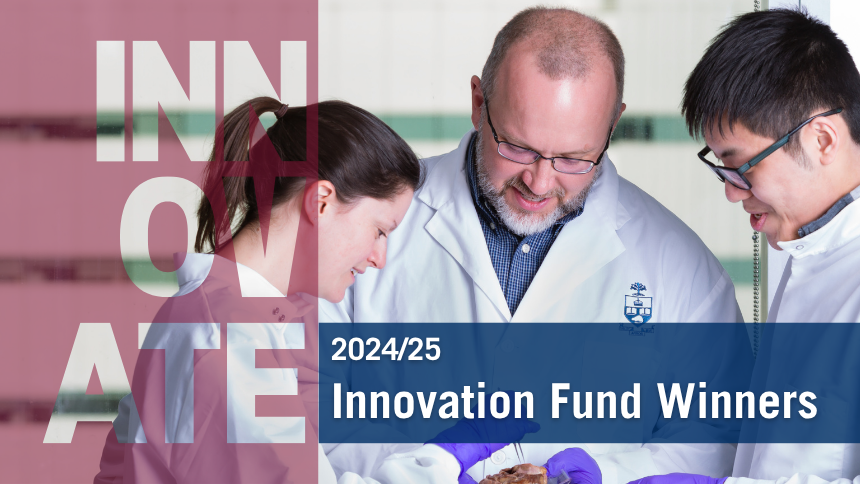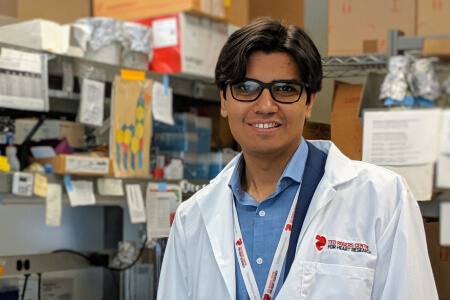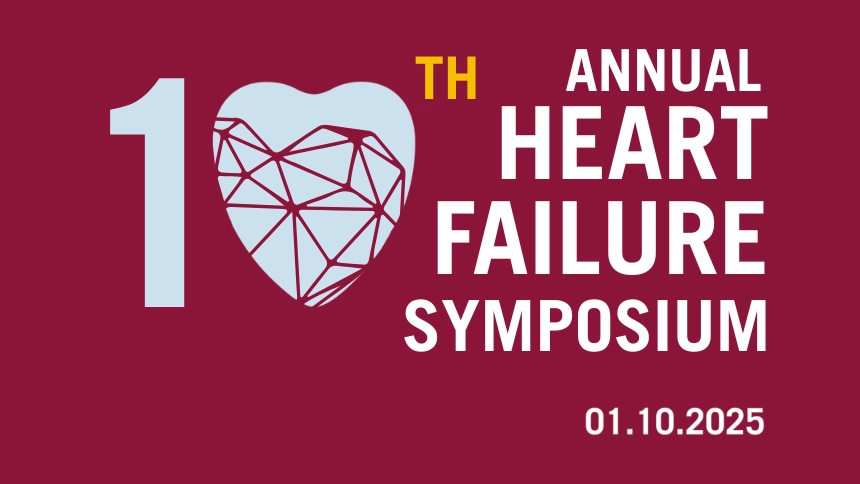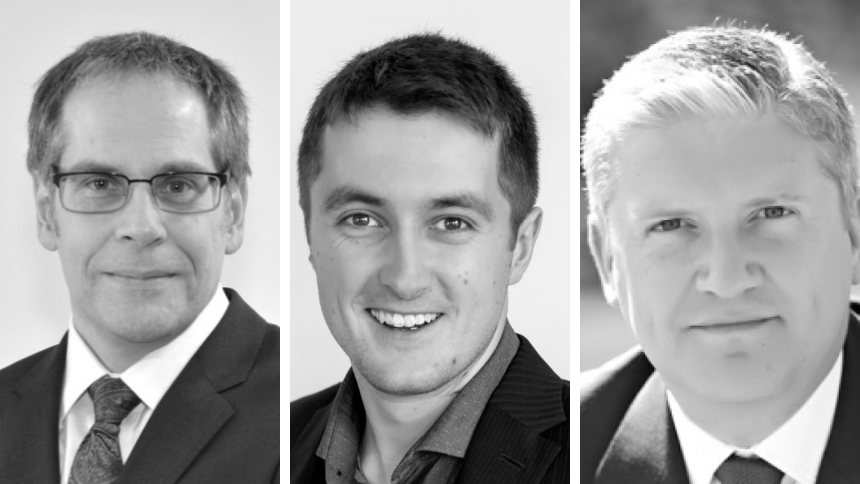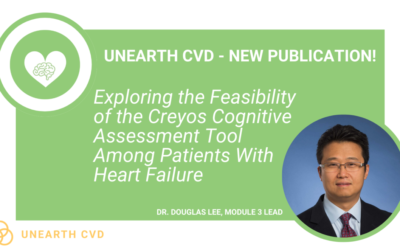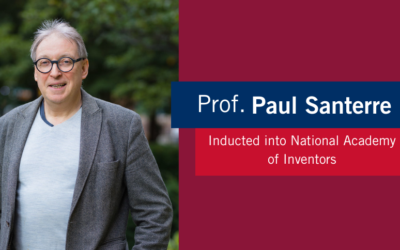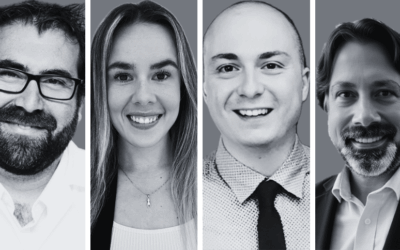Entrepreneurship for Cardiovascular Health Opportunities (ECHO) is a 12-month national training program supporting cardiovascular research commercialization through education, mentorship, networking, and funding. Led by a diverse team of experts, ECHO fosters successful startups in cardiovascular health, culminating in ECHO PITCH, a pitch competition offering up to $250,000 in funding.
With the 2024-2025 ECHO cohort preparing to compete at ECHO PITCH on October 15, 2025 (if you’d like to join our live audience, please see more details here), we took the opportunity to sit down with the venture finalists to learn more about them, their commercialization process, and how the ECHO program has helped their entrepreneurship journey so far. Today we’re speaking with Connor Haberl, founder and CEO at CardiAxis Medical.
Tell us a little bit about CardiAxis Medical
CardiAxis Medical is developing SHARP-VT, a precision imaging platform that enables non-invasive treatment of life-threatening heart rhythm disorders. Our software integrates multiple imaging modalities to pinpoint arrhythmia sources, which guides radiation to treat the heart non-invasively, much like how radiation is used to treat cancer. By improving targeting accuracy and streamlining workflows, we aim to make this new procedure safer, faster, and more accessible to patients worldwide.
What was the inspiration behind creating CardiAxis Medical?
CardiAxis Medical was spun out of my work at the University of Ottawa Heart Institute, where I saw first-hand the incredible potential of cardiac radioablation. As a graduate student, engaging a doctor can sometimes be a challenge, but this procedure inspired my collaborators, so it was easy to get them on board. Their excitement was infectious! Once we had a working software tool and were seeing how much it could support our clinical programme, we realized that commercializing the technology was the best way to impact more patients.
Can you explain how the technology for CardiAxis Medical works to help individuals with cardiac arrhythmia?
We are treating cardiac arrhythmias noninvasively in a procedure called cardiac radioablation. This uses radiation (commonly used to treat cancer) to ablate (destroy) the problematic heart muscle causing the arrhythmia. Rather than undergoing a complex full-day surgery, patients can undergo a 15-minute painless procedure to cure their arrhythmias. Our flagship product SHARP-VT supports cardiac radioablation, specifically in determining where to focus the radiation. It does this by combining insights from several different imaging modalities like CT, MRI, and ECG.
What makes CardiAxis Medical distinct from other treatments currently available for patients with cardiac arrhythmia?
Cardiac radioablation comes with several complexities in treatment planning. It requires piecing information together from multiple imaging sources (no single image tells the whole story) and collaboration between cardiac doctors and cancer (radiation) doctors, who are typically unfamiliar with the other’s terminology and imaging modalities. These challenges limit the clinical adoption of cardiac radioablation, which to-date is only being delivered at dedicated research hospitals under clinical research or on a compassionate use basis. SHARP-VT is tailor-made for cardiac radioablation, solving the complexities in treatment planning, taking treatment planning times from >2hrs to only 15 minutes, and improving treatment accuracy, ultimately making radioablation a more viable routine clinical treatment.
What has been the biggest benefit of being part of the ECHO program so far?
ECHO has been transformative for enabling us to build out our medical device lifecycle and commercialization pathway. With previous experience at a medical device start up, I came into this program well-versed in quality standards and regulatory requirements. However, ECHO gave me the insight to map out the entire path, from an academic tool to a commercial product. There are a variety of tech accelerators available, but the advantage of ECHO is that all insights are specific to medical devices. I took something away from every single session in the program.
How does CardiAxis Medical plan to expand or evolve in the next five to ten years?
We’re initially focused on supporting cardiac radioablation for ventricular tachycardia, but there’s early intrigue in using cardiac radiotherapy to treat atrial fibrillation and heart failure. CardiAxis Medical is positioned to remain at the forefront of the clinical research, enabling technology innovation to support whatever direction the clinical field goes.
ABOUT ECHO
In 2025, the ECHO program has gone through a re-brand, where the focus is no longer solely on cardiovascular tech. ECHO is a specECHO is a specialized entrepreneurship training and mentorship program led by veteran entrepreneurs and consultants across a variety of sectors. Ventures participating in this 12-month online training program receive entrepreneurship training, mentorship, partnership and funding opportunities; support towards creating and growing their high-impact, health-focused startup; and tools to accelerate the translation of their health innovations from the bench to the bedside.
ECHO was launched in 2018 under the University of Toronto’s Translational Biology and Engineering Program (TBEP) at the Ted Rogers Centre for Heart Research. To date, ECHO has supported 178 participants and 69 ventures, awarding over $1.5 million to help transform cutting-edge cardiovascular research into real-world solutions.
Building on this success, ECHO rebranded this year to the Entrepreneurship for Commercialization of Health Opportunities (ECHO) program, with expansion beyond its initial focus on cardiovascular health to include all areas of health research and care. ECHO is now led by the Temerty Faculty of Medicine, University of Toronto, in collaboration with the Translational Biology & Engineering Program (TBEP), and with support from the Health Innovation Hub (H2i), Temerty Medicine’s health accelerator. To learn more, please visit https://rhse.temertymedicine.utoronto.ca/ECHO.
